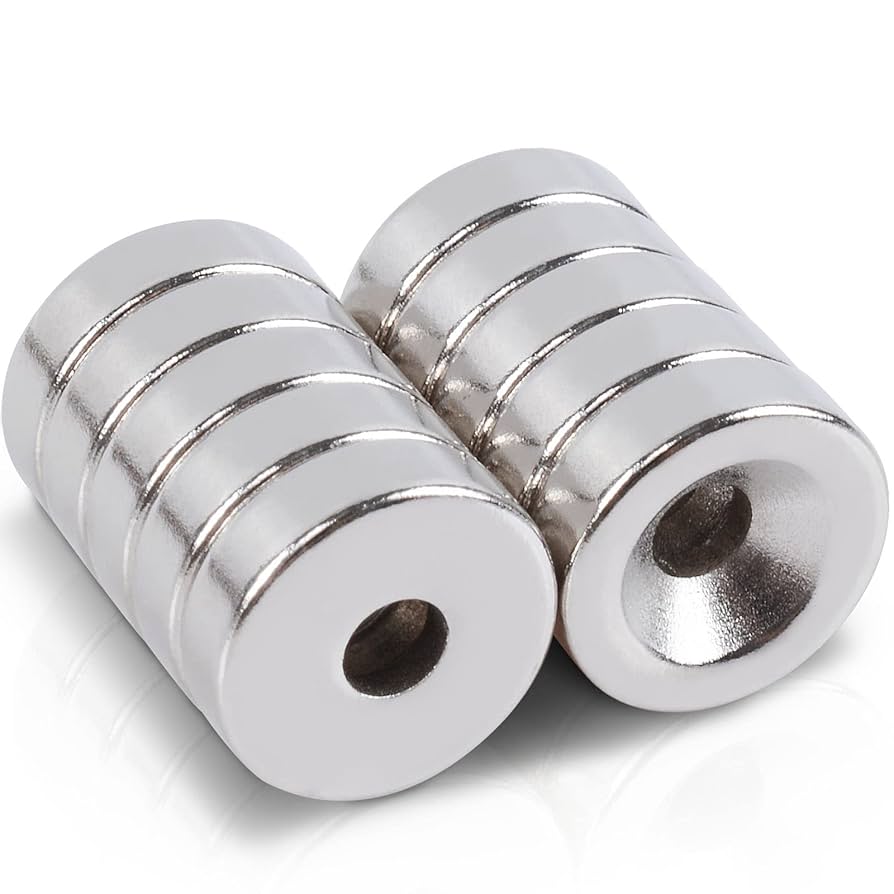Industrial Neodymium Magnet Solutions: Powering Modern Engineering And Innovation

Industrial neodymium magnets have become the backbone of countless modern technologies due to their exceptional magnetic strength, compact size, and versatility. As part of the rare-earth medicion magnetica para auditorias magnet family, neodymium magnets (NdFeB) are composed of neodymium, iron, and boron — a combination that delivers unmatched magnetic performance compared to traditional ferrite or alnico magnets. Their unique characteristics make them an essential component across industries ranging from automotive manufacturing to renewable energy and electronics.
One of the most significant industrial applications of neodymium magnets is in electric motors and generators. Their high magnetic energy density allows for smaller, more efficient motor designs, which is crucial for electric vehicles (EVs) and hybrid systems. By providing powerful magnetic fields in compact spaces, these magnets enhance performance while reducing overall energy consumption.
In the renewable energy sector, neodymium magnets play a vital role in wind turbine generators. They enable higher power output and efficiency, especially in direct-drive systems that eliminate the need for gearboxes. This not only reduces maintenance costs but also ensures smoother and more reliable energy production.
Industries such as electronics and robotics also rely heavily on neodymium magnet solutions. They are used in precision sensors, actuators, hard drives, and magnetic resonance imaging (MRI) equipment, where strong and stable magnetic fields are essential for accurate performance. Their miniaturization capability allows engineers to design lightweight yet powerful devices, making them indispensable in today’s high-tech world.
However, industrial solutions involving neodymium magnets also face challenges such as temperature sensitivity and corrosion. To counter these, advanced coatings like nickel, epoxy, or zinc are applied, and manufacturers are developing high-temperature-grade variants to ensure durability in demanding environments.
As technology continues to advance, the demand for custom-engineered neodymium magnet solutions is rising. Manufacturers are focusing on sustainable production practices, recycling rare-earth materials, and innovating magnetic compositions to reduce environmental impact while maintaining performance standards.